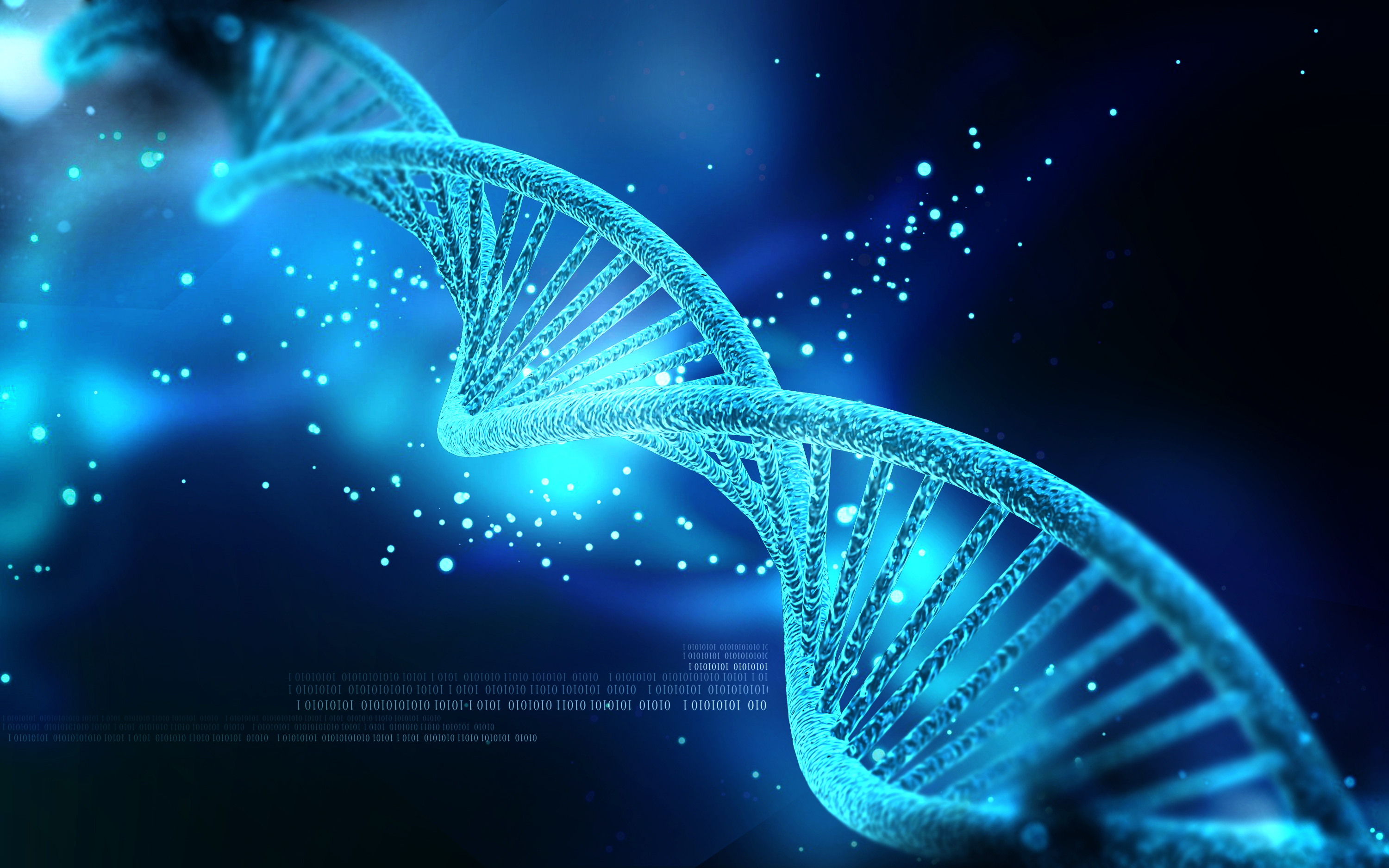What If (Almost) Every Gene Affects (Almost) Everything?
By Ed Young,
The Atlantic
| 06. 16. 2017
Three Stanford scientists have proposed a provocative new way of thinking about genetic variants, and how they affect people’s bodies and health.
In 1999, a group of scientists scoured the genomes of around 150 pairs of siblings in an attempt to find genes that are involved in autism. They came up empty. They reasoned that this was because the risk of autism is not governed by a small number of powerful genes, which their study would have uncovered. Instead, it’s likely affected by a large number of genes that each have a small effect. Perhaps, they wrote, there might be 15 such genes or more.
Two decades later, that figure seems absurdly and naively low. If you told a modern geneticist that a complex trait—whether a physical characteristic like height or weight, or the risk of a disease like cancer or schizophrenia—was the work of just 15 genes, they’d probably laugh. It’s now thought that such traits are the work of thousands of genetic variants, working in concert. The vast majority of them have only tiny effects, but together...
Related Articles
By Diaa Hadid and Shweta Desai, NPR | 01.29.2026
MUMBRA, India — The afternoon sun shines on the woman in a commuter-town café, highlighting her almond-shaped eyes and pale skin, a look often sought after by couples who need an egg to have a baby.
"I have good eggs,"...
By Roni Caryn Rabin, The New York Times | 01.22.2026
The National Institutes of Health said on Thursday it is ending support for all research that makes use of human fetal tissue, eliminating funding for projects both within and outside of the agency.
A ban instituted in June 2019 by...
By Mike McIntire, The New York Times | 01.24.2026
Genetic researchers were seeking children for an ambitious, federally funded project to track brain development — a study that they told families could yield invaluable discoveries about DNA’s impact on behavior and disease.
They also promised that the children’s sensitive...
By Phil Galewitz, NPR | 01.20.2026
Serenity Cole enjoyed Christmas last month relaxing with her family near her St. Louis home, making crafts and visiting friends.
It was a contrast to how Cole, 18, spent part of the 2024 holiday season. She was in the hospital...




